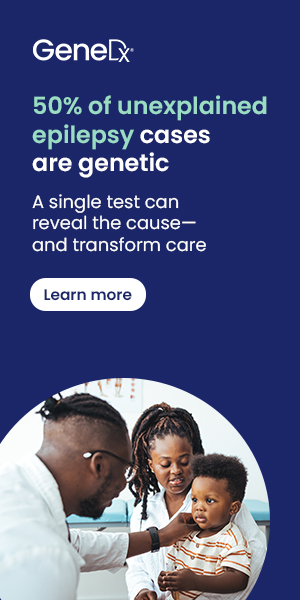The U.S. Food and Drug Administration (FDA) has approved pemigatinib for the treatment of adults with relapsed or refractory myeloid/lymphoid neoplasms with FGFR1 rearrangement.
Pemigatinib is a selective fibroblast growth factor receptor (FGFR) inhibitor and is the first targeted therapy approved for this rare cancer.
Myeloid/lymphoid neoplasms with FGFR1 rearrangement may present with bone marrow involvement with a chronic myeloid malignancy (e.g., myeloproliferative neoplasm, myelodysplastic syndrome) or a blast phase malignancy (such as B- or T-cell acute lymphoblastic leukemia/lymphoma, acute myeloid leukemia or mixed phenotype acute leukemia). Bone marrow involvement may or may not be accompanied by extramedullary disease.
The FDA approval was largely based on the results from the Phase 2 FIGHT-203 study, a multicenter open-label, single-arm trial that evaluated the safety and efficacy of pemigatinib in 28 patients with relapsed or refractory myeloid/lymphoid neoplasms with FGFR1 rearrangement.
The study observed a complete response rate of 78% in patients with chronic phase of the disease (n=18) and a complete cytogenetic response rate of 79% in all patients (n=28).
The most common adverse reactions were hyperphosphatemia (74%), nail toxicity (62%), alopecia (59%), stomatitis (53%), diarrhea (50%), dry eye (50%), fatigue (44%), rash (35%), abdominal pain (35%), anemia (35%), constipation (32%), dry mouth (32%), epistaxis (29%), retinal pigment epithelial detachment (26%), extremity pain (26%), decreased appetite (24%), dry skin (24%), dyspepsia (24%), back pain (24%), nausea (21%), blurred vision (21%), peripheral edema (21%) and dizziness (21%).
In a news release, Srdan Verstovsek, MD, PhD, Professor of Medicine at The University of Texas MD Anderson Cancer Center in Houston, TX, and principal investigator for the FIGHT-203 study, stated.
“In patients with relapsed or refractory myeloid/lymphoid neoplasms with FGFR1 rearrangement treated with Pemazyre (pemigatinib) in FIGHT-203, the high rate of complete response and complete cytogenetic response in patients with chronic phase disease and the high rate of complete cytogenetic response in patients with blast phase disease is clinically meaningful, especially in light of the lack of these specific responses with existing first-line treatments.”
The FDA reviewed the application under a Priority Review, which is given to medicines that may offer a major advance in treatment where none currently exists. The Priority Review designation shortens the review time from six months to 10 months.

